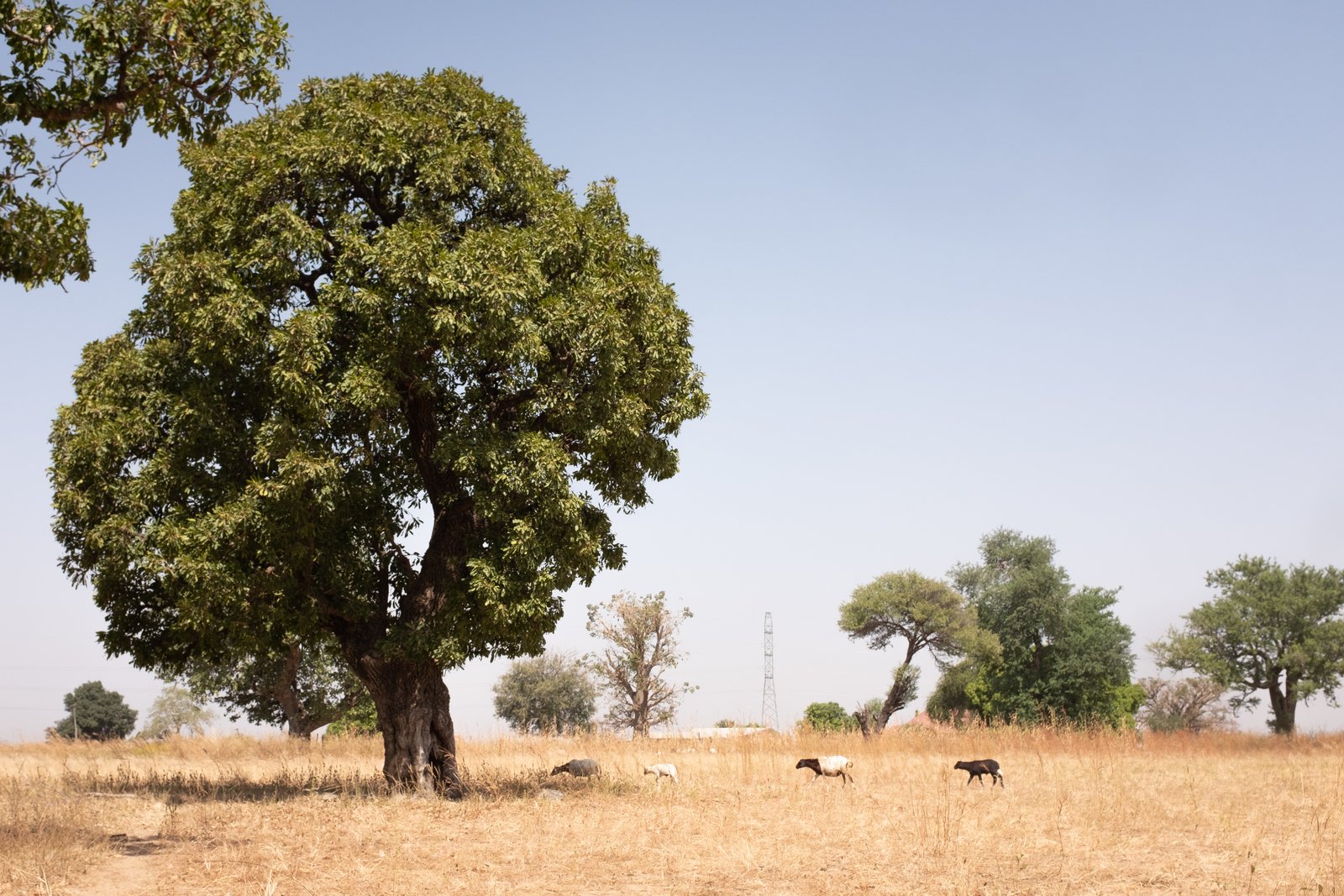Nest Takes a Data-Driven Approach to Climate Programming
Last year, Nest was awarded a grant through the Patrick J. McGovern Foundations’ (PJMF) Data and Society Accelerator. The program aims to support nonprofits as they progress in their journey to become more data-driven organizations. With funding and technical guidance from PJMF, Nest reimagined our data collection and analysis infrastructure to enable us to take on new, more extensive data projects, including a comprehensive report detailing the effects of climate change on artisan businesses within our Guild network.
In a survey of a representative sample of the Nest Guild, we found that artisan and handworker businesses are feeling the effects of climate change. 30% of respondents reported that they had experienced an extreme weather event in the last few years that disrupted their business operations, staff, and/or community. This is likely due to many business owners being unprepared for extreme weather or other climate-related natural disasters due to a lack of understanding and/or resources.
Over the coming months, Nest will work with several influential partners to address this reality by helping artisan business owners around the world understand and prepare for climate-related hardships.
In the United States, we are working with Etsy to develop a preparedness guide and post-disaster guide to support makers who are eager to increase their operational resiliency, as well as those who may have been affected by an extreme weather event or natural disaster. These guides will help inform makers of regional and national resources that may be available to them as they navigate these largely uncharted waters.
Internationally, Nest aims to grow our dataset related to the past, present, and future impacts of climate change on artisan communities, many of which exist in climate “hot spots.” More specifically, we have received funding from the Target Foundation to conduct a survey among handcraft enterprises in Guatemala, Kenya, and the Philippines to determine their understanding of climate change, how it has affected their businesses, and what actions they are taking to prepare for future climate-related events. We hope to gain a better understanding of what gaps in knowledge, services, and/or resources exist for these communities so that we design effective programming and work with our partners to fill them.
Drawing on these efforts, Nest will host a number of industry events to bring greater attention to the need for training and support in these communities. These events will be complemented by additional reporting on real costs of climate change on the artisan sector, a primary source of global employment.
Beyond this, Nest continues to incorporate environmental responsibility and sustainability throughout our core programming. In May, with generous support from the Target Foundation and the Winn Family Foundation, we will kick off the 2023 Artisan Sustainability Accelerator which will focus on supporting handcraft enterprises with that have an established environmental commitment.
And, we continue to leverage our position at the intersection of artisan production and brand sourcing or corporate sponsorship to connect companies interested in offloading unused liabilities or deadstock with makers who can turn them into interesting, one-of-a-kind goods. Often, excess materials and product are burned or otherwise destroyed which can have a devastating impact on the local environment. We offer our partners an alternative solution to this problem by linking them to creative makers who can repurpose these goods. Currently, Nest is supporting Southwest Airlines® through their Repurpose with Purpose initiative by connecting them with a number of US-based leatherworkers who are upcycling the discarded aircraft seats into unique accessories, like wallets and glove pouches.
Nest hopes that this body of work will spark curiosity and interest in broadening our collective approach to climate change to ensure future solutions consider all affected parties, including those who have historically been overlooked, like home-based artisans and handworkers. We are grateful to the many partners who have already committed to support these efforts and look forward to sharing more about these initiatives in the months ahead.
If you are interested in learning more about Nest’s climate research or ways you can support these efforts, please contact partnerships@buildanest.org.
The interpretations/conclusions/opinions expressed in this piece are those of Nest and do not necessarily represent those of our funders.


